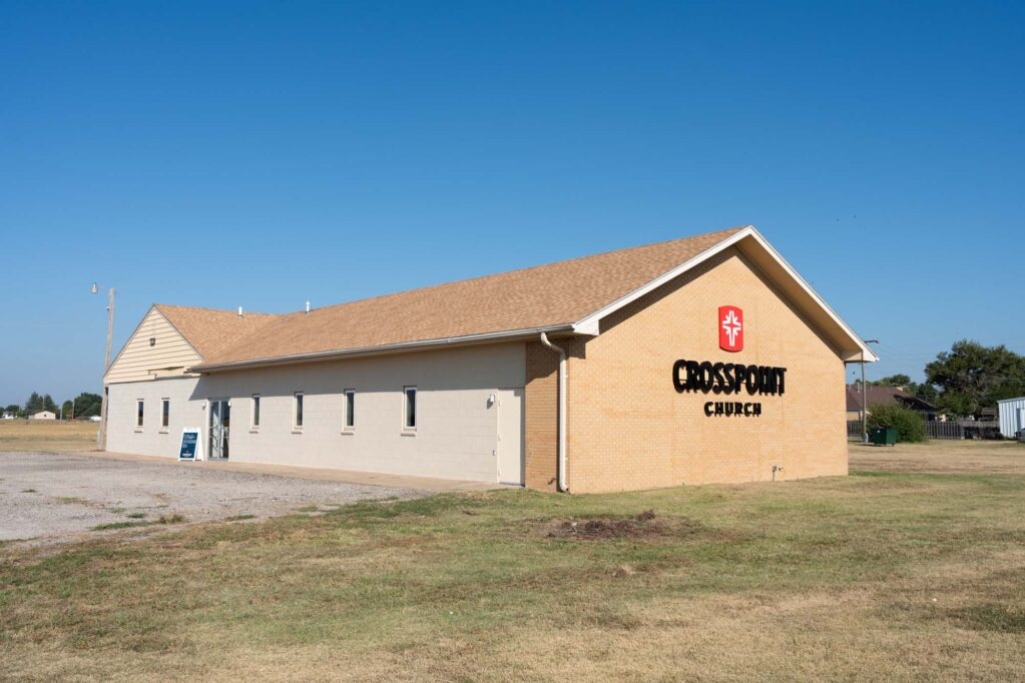Five years ago, Cross Community Church was born. Almost anyone who has been involved in church planting knows the significance of that five-year mark. In an age of short pastoral tenures and ministry burnout, I don’t take a single day for granted.
We’re a generation in desperate need of healthy churches led by healthy shepherds, and the habits we establish in the first five years of ministry can make or break us for decades to come. In light of this great need, I want to offer 10 keys for surviving, by God’s grace, the first five years of church planting.
1. Vibrant devotional life
More than dynamic, engaging exegesis, the very best gift you can give your church is a heart fully alive and satisfied in Jesus Christ, burning with passion for the glory of his name.
The habits we establish in the first five years can make or break us for decades to come.
Pastor, seek the Lord daily. Seek Him in his Word. Seek Him in prayer. Seek Him in fasting, silence and solitude. As George Muller once remarked of his own devotional life, make it your “first great and primary business” every day to have a soul that is “happy in the Lord.”
2. Healthy home
In year one, I heard Ray Ortlund say, “A minister’s marriage is as important as his preaching of the gospel, because the minister’s marriage is a preaching of the gospel.”
Marriage is the gospel in motion. When we fail to tend to our first ministry – the family, we disqualify ourselves from our second ministry – the church. Pastors should strive to love, lead, and prioritize their families in such a way that his role as a pastor deepens their affection for the church. The pastor’s role should not be a catalyst that drives them away from the church. Hopefully, by faithfully tending to his first ministry, the pastor’s family will grow in love for the local church.
3. Faithful friends
Jesus had friends. Paul had friends. Charles Spurgeon had friends. But sadly, too many pastors have too few friends or none at all.
Pastor, you need friends who encourage you, challenge you and hold you accountable. You need friends who are thoroughly unimpressed with you, and with whom you can spend three hours without talking about “ministry.” Church planting can be a lonely, discouraging journey; you won’t survive long without friends.
4. Regular rest
Without question, church planting requires a willingness to work hard. But we must realize that a need for rest doesn’t make us lazy, it makes us human.
Pastor, guard your day off. Turn off your phone, take a nap, eat good food, watch a movie, read a good book or indulge in a hobby. And most of all, make sure you feel zero guilt. In Christ, we labor from our rest, not for our rest. Remember the principle of sabbath, and keep it very holy.
5. Discipline and boundaries
Develop a sustainable rule of life and follow it. The early days of a new church can be unpredictable and chaotic, and if you don’t take control of your schedule, then everyone else will. Sit down with your spouse and key leaders, on a consistent basis, to discuss your schedule and obligations. Know your limits and be willing to say “no.” Honor the commitments you make, and don’t take on more than you can sustain.
6. Leadership development
“Lone ranger” ministry isn’t just unhealthy, it’s unbiblical. Sadly, many church planters unwittingly make themselves the central focus of the church and a barrier to congregational health by failing to appoint other elders and leaders.
Pastor, you simply cannot thrive in ministry by carrying the burden alone. Raise up leaders, recognize them and celebrate them. Be willing to delegate significant responsibility and invite others to share the burden of major decisions.
7. Guarded study time
The relentless demands of church planting make protected study time a challenge. Almost no one will demand that you protect this time, so you will have to preserve it.
Build study time into your calendar and resolve to keep it uninterrupted. Communicate that time slot to other leaders, to your congregation and to your family. An effective ministry of the Word requires adequate time to prepare.
8. Intentional simplicity
Desiring to make an immediate difference, new church plants tend to be magnets for busyness – and it’s one of the biggest threats to the health of a young church. If you’re not careful, you’ll quickly become overextended across a landscape of half-baked ministry initiatives. Before planting, work with your team to develop a clear framework for determining which types of ministry initiatives will, and will not, make the cut during the first five years – and stick to it.
9. Healthy membership process
One of the best ways to set a trajectory for church health is by developing a strong membership process. Ideally, this class or series of meetings will be an environment in which you explain the church’s beliefs, governance, mission, vision, values and strategy, and you teach the biblical foundations for membership. Conduct interviews in which prospective members can articulate their understanding of the gospel and their personal testimony. When appropriate, recommend other faithful churches, and joyfully send the Lord’s people to advance his Kingdom elsewhere.
10. Perseverance and endurance
At times, church planting can feel impossible and paralyzing. The relentless attacks of the Enemy are distracting and discouraging. People will “ghost” you and leave. Some will slander you, your family, your motives and the church you’re doing your best to lead. You’ll grow tired and weary. You may lose some close friends. There will be days when you’ll fail and be tempted to give up. Pastor, don’t. He who called you is faithful, and He will see you through.
As my dad once wrote to me in a letter, “When you stand alone, you never stand alone, for God stands with you.” You’re not alone, so stay the course. For me, it’s five years down and, Lord willing, 35 to go. By God’s grace and in the strength of His Spirit, let’s minister long.
(EDITOR’S NOTE – Taylor Burgess is a native of Boone, N.C. He serves as lead pastor of Cross Community Church in Beaufort, S.C., where he lives with his wife, Emily, and their three young boys. He is currently pursuing a DMin in expository preaching.at Southeastern Baptist Theological Seminary. This article first appeared on The Gospel Coalition website, thegospelcoalition.org. Used by permission.)


